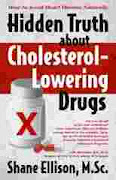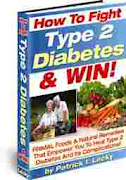Cigarette smoking remains the leading preventable cause of Coronary Heart Disease. It's the inhalation and exhalation of fumes of burning tobacco chemicals through the lungs to our blood stream. As our body absorbs these chemicals, it circulates throughout our body, affecting every cell and tissue. Smoking might be addictive, but is it worth it after all?
These chemical known as Nicotine causes the blood cell called platelets to become stickier, thereby increasing the chances of blood clot or thrombosis formation in the blood vessels. About 50 million people in the United States smoke an estimated 450 billion cigarette each year. Whoa! what a number.
The amount of cigarette smoked is reflected in the risk. The more you smoke, the greater the risk of angina (chest pain) or heart attack. For women that smoke about 30 or more cigarette per day, it’s a six-fold increase in risk for heart disease. About half a million people in the United States die each year from illness caused by cigarette smoking. Alarming isn't it.
Nicotine as we know causes arteries to constrict, lowering skin temperature and reducing blood flow to the lower part of the body thereby forcing the heart to pump more blood through the body.
Nicotine and carbon monoxide in tobacco team together to damage the lining of the arteries and other blood vessels, making platelets stickier. So for this reason, one third of smoking related deaths are caused by CHD.
Studies have shown that cigarette smoking are addictive because of the nicotine in them. Also an unknown substance in tobacco appears to destroy an important brain enzyme called monoamine oxidase B responsible for breaking down excess amount of dopamine, a neurotransmitter that triggers pressure-seeking behavior like smoking and drinking.
According to World Health Organization (WHO), smokers who quit smoking before the age of 50 reduce their risk of life threatening diseases like CHD by half. Nevertheless, quitting is always difficult as the crave of the effect of nicotine is unbearable.
But there are many books and products that helps, support groups are also available in your local areas. There are number of nicotine replacement products like nicotine patches, nicotine gum, nicotine nasal spray, nicotine inhaler, anti-depressant and many more in the pharmaceutical stores.
To learn more about smoking and heart diseases Call 1-800-AHA-USA1 (1-800-242-8721) or visit http://www.americanheart.org
Knowledge is power, so Learn and Live!





0 comments
Post a Comment